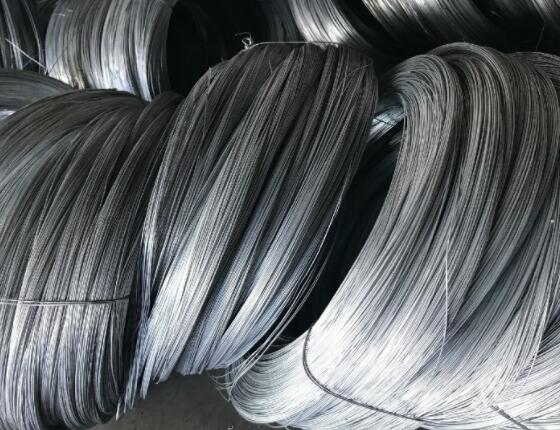The Evolution and Impact of Black Annealed Carrier Wire
In the realm of wire manufacturing and usage, black annealed carrier wire has emerged as a significant material due to its unique properties and versatile applications. The term “black annealed” refers to a specific treatment process that enhances the wire's characteristics, making it ideal for various industrial uses. This article delves into the nature of black annealed carrier wire, its production process, applications, and the benefits it provides.
What is Black Annealed Carrier Wire?
Black annealed carrier wire is a type of wire that has undergone an annealing process, which involves heating it to a high temperature and then gradually cooling it. This process is crucial as it relieves internal stresses in the metal, increases ductility, and improves mechanical properties. The term black signifies that the wire is coated with a layer of oxide, imparting a darker hue as a result of the annealing process. This wire is generally made from low carbon steel, which contributes to its strengths, such as flexibility and resilience under stress.
Production Process
The production of black annealed carrier wire begins with the selection of high-quality raw materials, primarily low carbon steel rods. These rods are drawn into thinner wires through a process known as wire drawing. After achieving the desired diameter, the wire undergoes the annealing process, which is typically performed in controlled atmospheres to prevent oxidation. Once heated and subsequently cooled, the wire is then coated with oil or other protective agents to preserve its quality and appearance.
The final product is characterized by its improved flexibility, making it easier to work with during various applications. The manufacturing process has evolved over time with technological advancements, leading to greater consistency in quality and performance.
Applications
Black annealed carrier wire is widely used in multiple industries, thanks to its unique properties. Some common applications include
black annealed carrier wire

1. Construction and Manufacturing The wire is used as a tie wire for reinforcing concrete structures and binding materials together. Its strength and flexibility allow for secure connections, enhancing the overall integrity of constructions.
2. Agriculture Farmers often utilize black annealed carrier wire for fencing and supporting crops. Its durability ensures that it can withstand harsh weather conditions while providing the necessary support for plant growth.
3. Electrical Wiring In some cases, black annealed wire is employed in electrical applications where flexibility is a must. Its conductive properties, combined with its resilience, make it suitable for various wiring needs.
4. Art and Crafting Many artists and crafters prefer black annealed wire for its aesthetic appeal and manageability. It can be easily bent and shaped, allowing for creative expression in sculptures and other artistic endeavors.
5. Automotive Industry In the automotive sector, this wire can be found in various applications, including harnesses and mesh reinforcement, due to its resistance to fatigue and wear.
Benefits
The benefits of black annealed carrier wire are immense. Its enhanced ductility means it can be easily bent and manipulated without breaking, which is crucial for numerous applications. Moreover, its resistance to corrosion is a significant advantage in environments exposed to moisture and chemicals, prolonging the lifespan of the products made from it.
In conclusion, black annealed carrier wire represents an essential element in numerous industries due to its unique properties resulting from the annealing process. Its applications range from construction and agriculture to art and automotive fields, showcasing its versatility and practicality. As industries continue to evolve, the demand for high-quality, well-treated materials like black annealed wire is expected to grow, further cementing its role as a valuable resource in modern manufacturing and applications.

















